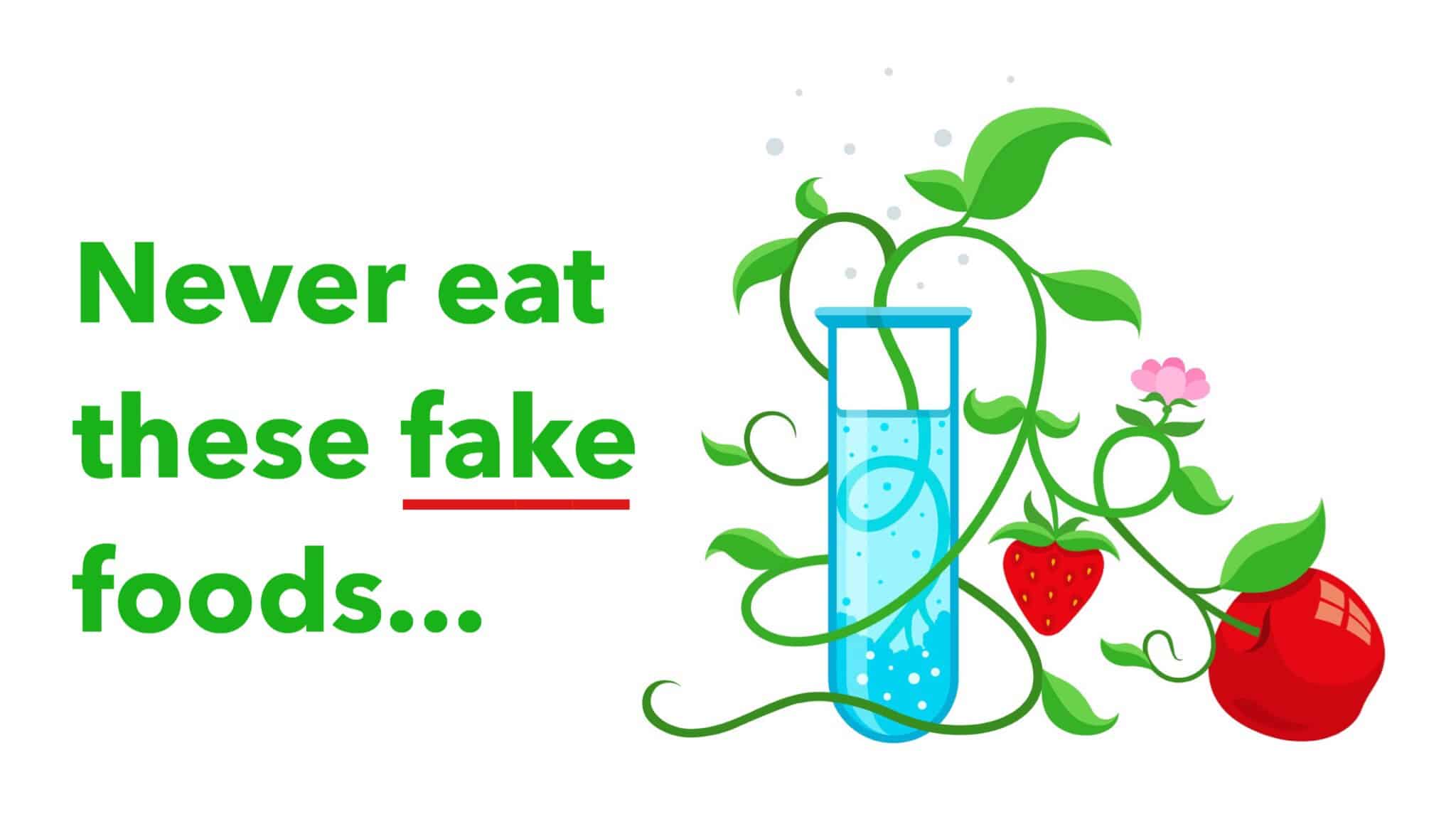“What makes someone irresistible, is not their looks, but the way they can make your mind tickle, your heart race and your soul smile, all at once.” – Drishti Bablani
Most people want to be irresistible every once in a while. Being irresistible can come naturally to some, but for the rest of us, it’s something that we have to work at. Being irresistible doesn’t always have to do with what you look like. Sure, there are some physical aspects to being irresistible, but for the most part, it’s all about the attitude. There are certain behaviors that can make just about anyone irresistible. Here are some of the best ways to make you irresistible, no matter who you are.
Here Are 5 Behaviors That Make You Irresistible
1. Keep away from drama
Negativity only draws negative people. Most people don’t want to hang out with someone who is always surrounded by negativity and drama. It’s a drain on their own emotional resources, but it’s also a drain on yours. According to relationship expert Tony Chatman, “… If you ‘bond’ with someone on a negative issue, they will feel that they have found a partner in their distress, and they will look for you every time they feel something negative.”
When you keep away from drama, you’re giving other people a safe space around you. People are more likely to want to hang out with you, because they know they’re going to have a fun time. They’re also more likely to talk to you and open up. When you stay positive and keep the negativity to a minimum, you’ll be irresistible to just about anyone.
2. Allow vulnerability
To be irresistible, you have to connect with people on a personal level. If you keep yourself closed off, you won’t be able to do that very well. To connect with people, you have to allow yourself to be vulnerable. Open up and share your feelings and talk about the things that you believe. When you have vulnerabilities, other people will see you as a fully realized creation. You become three dimensional as soon as you allow yourself to be vulnerable. And to most people, vulnerability is incredibly irresistible. People love to be around people that they can connect with on a deep and soulful level.
3. Focus on other people
The key habit to making yourself irresistible is to focus on the people around you. It’s okay to take time to yourself when you need it, but irresistible people try their best to focus on helping others. This is a good habit for more than just being irresistible, too. Spend less time thinking of what other people can do for you, and spend more time thinking about what you can do for other people. You want to make sure you still have boundaries and know when to say ‘no’. Focus on the people around you and everyone will find you to be an irresistible presence in their lives.
4. Remember: Always be yourself
Sure, sure. We have all heard ‘Be yourself’ more times than we can count. But it’s a good idea to take this phrase and turn it into a habit. “Accepting your true self is the first step to being yourself,” says body language expert Robert Phipps. Being authentic is a way to make yourself irresistible to other people.
When we try to be someone that we’re not, we tend to slip up. If you try to make yourself out to be a different person, the truth will always come out. It’s better just to be authentic and true to yourself. When you are yourself, you attract the kind of people who like you for who you are, not for someone you’re trying to be.
5. Be respectful
Respect for yourself and for other people is a key behavior to being irresistible. People who are irresistible treat everyone with respect, especially people like service workers. Nothing is more irresistible than seeing someone treat a waiter or a bartender like a human being. Respecting yourself is another way to make yourself absolutely irresistible. This means taking care of yourself; mind, body and soul. It also means knowing your boundaries. Don’t let other people walk all over you.
Final thoughts
Being irresistible is about way more than just physical appearance. Getting a haircut or wearing nice clothes can help, but it’s all for nothing if someone doesn’t have the attitude to back it up. If you want to be irresistible, these are the best behaviors and habits to pick up. Being respectful, kind, drama-free and vulnerable will show the rest of the world what kind of person you really are. Other people will be drawn to you, and your behavior, habits and attitude will keep them coming back for more.











